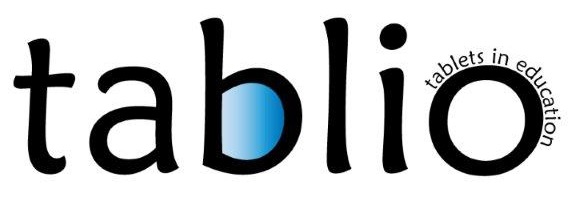Each pupil a different profile

Every pupil is unique and has a right to an educational concept that addresses his or her personal needs. Candea College in Duiven (Netherlands) really aspires a tailor-made approach. The school is data driven and uses the RTTI-programme (reproduction, training, transfer, insight) in order to plot the cognitive profile of a pupil on basis of which the learning track (pre-vocational, vwo) can be determined. Learning is the starting point, not teaching. They want to abandon the traditional classroom model by starting to use adaptive learning. They want to work with a core curriculum in the morning and a free choice part in the afternoon. In order to achieve that, a culture change for the teachers is needed such as a focus on learning goals.
A number of teachers are using mobile phones for e.g. Kahoot (quiz software) in order to get an insight in how much the pupils master the learning content. Learning analytics give a good overview of the development of pupils. The learning content that the educational publishers offer vary a lot: sometimes the paper content is translated into a pdf-file, but the school is really looking for adaptive materials.
Currently they are experimenting with Learnbeat, ITS learning as a digital learning and working environment, and with an electronic learning environment (ELO) that is connected with SOMtoday.
Advantages according to the school are: digital tests can facilitate the teachers. However, learning goals are the primary goal for the school, on the basis of which pupils can get more adequate feedback. Digital licenses (costs) are a limiting factor. There are cheaper materials available (secondary education content), where teachers can compose their own methods, but teachers are sceptical to that. Often there are also no tests available.
The school uses digipacks that are connected with educational publishers. In the pre-vocational secondary school they use the total packages where they can choose which parts they want to use. In vwo (the higher levels) this is more complicated (costs) because of the large number of subjects. There are several experiments though (e.g. with virtual reality) and the school supports that (with budget).
The agreement is that teachers differentiate mainly in the “roof tile” classes. Learning materials are being put in the ITS learning environment, so that pupils can always start working. Within this environment there is deepening, enrichment, additional exercise material. Presumably, the class is divided into groups (thus not full personalization), also because of the homogeneous classes in secondary education (in The Netherlands).
More and more teachers are testing formatively, the school now wants to map and promote that. Some (more innovative) teachers also develop their own learning materials. With permission of the school these teachers abolish report figures and use formative tests instead. Pupils thus receive individual feedback. Further cultural change is necessary within the school in order to spread such initiatives further than only a pilot phase.
The teacher's role will change. In the future Candea wants to start using tablets to make more information available to parents. Parents will receive updates about attendance, learning analytics and extra information given by the teachers.
The regular mentor meetings will be abolished as well, they will now be more on-demand. A possible disadvantage of this system can be that pupils no longer have to meet a clear deadline (“the report”). Here lies a role for the mentor who has to coach to pupils. Currently there is 1 mentor hour per week, from 2018 there will be 1 hour per day. Teachers only have an overview of the pupils’ progress in their own subject and the mentor has the total overview.
One of the biggest challenges will be to adapt to the students’ needs. Each pupil with have a different profile after the formative assessment. Intrinsic motivated pupils will thrive more. Other types of pupils will need more coaching.
Another issue the school faces is vandalism in the use of schools’ devices. Candea has experimented with Bring Your Own Device but did not continue with that because not every pupil would have access to the same software/learning resources.
